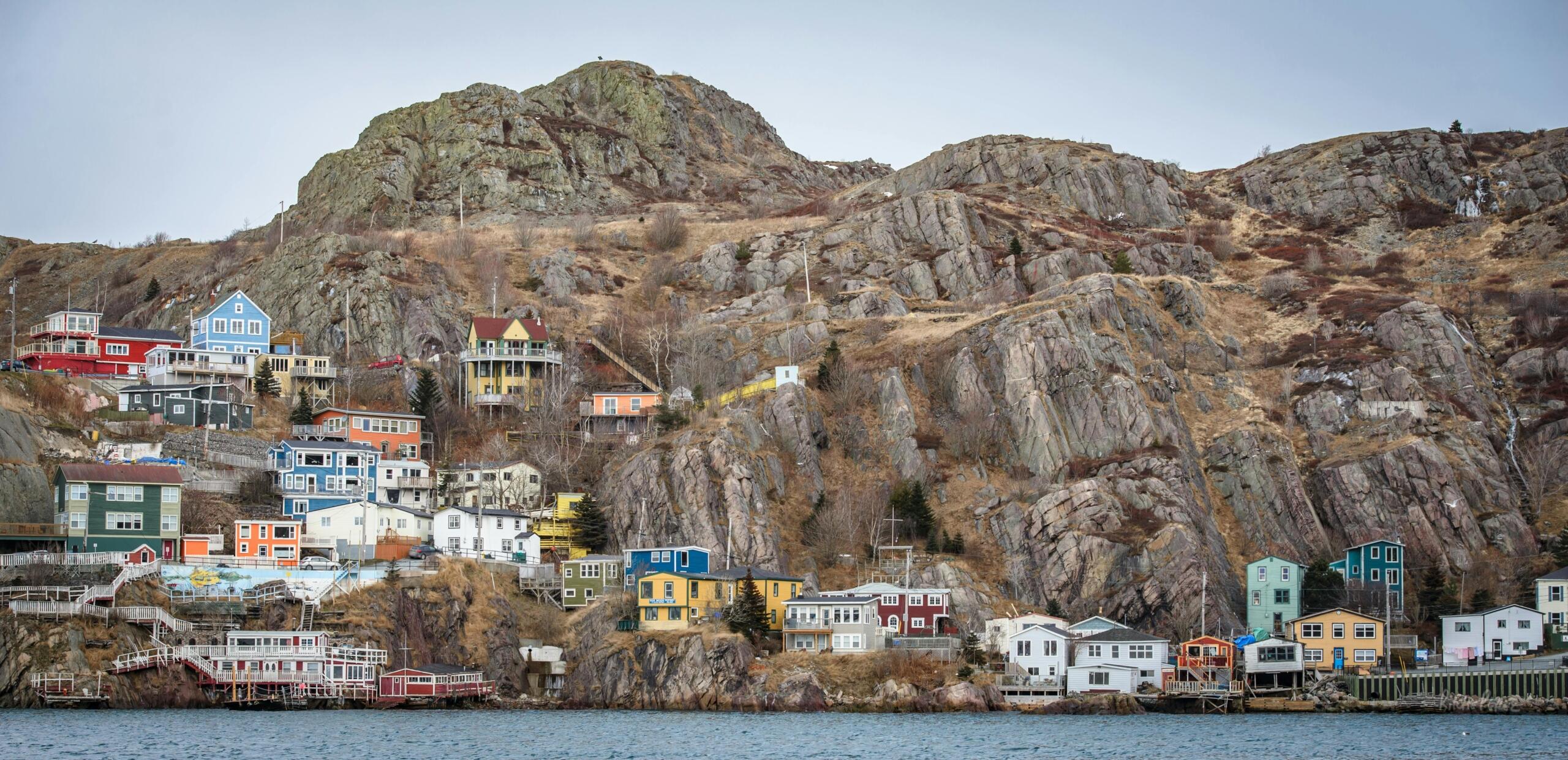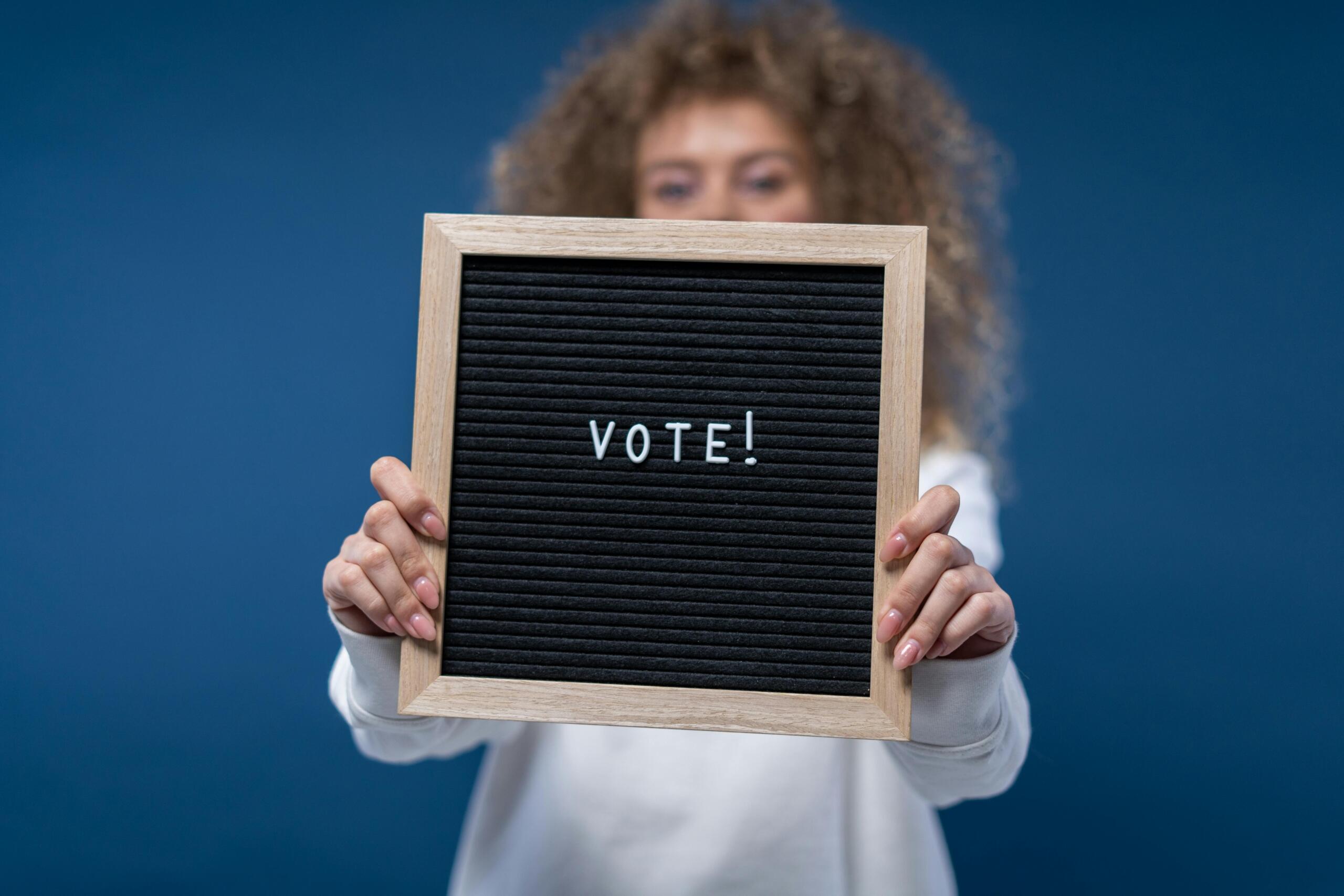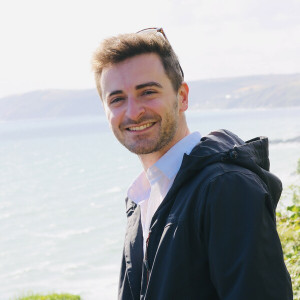Important Information About the Newfoundland and Labrador 2025 Election
- The election is scheduled for October 14, 2025.
- The Liberal Party enters the race under a new leader, John Hogan, who was recently sworn in as premier.
- The Progressive Conservative Party, led by Tony Wakeham, is positioning itself as a serious challenger after gains in recent by-elections and political shifts.
Casting your vote in the upcoming Newfoundland and Labrador election is an important way to have your voice heard in the future of the province. By voting, you help choose the Members of the House of Assembly, or MHAs, who will represent your interests in critical areas like jobs, healthcare, education, and infrastructure.
The 2025 Newfoundland and Labrador election is set to take place on or before October 14, 2025. On that day, voters will elect members to the 51st General Assembly.
The election has become a major talking point for Canadian political pundits, regularly featured in CBC segments and covered in detail by local news outlets. With new leaders stepping forward and fresh candidates entering the race, there’s a real sense of excitement knowing this election could mark a turning point.
A new election management system has been implemented that will make voting more streamlined and efficient - a big improvement from the chaotic 2021 election, which caused voting to be suspended in all 40 electoral districts.
This article tells you what you need to know to ensure you make an informed decision on election - don't miss your opportunity to vote!


Key Dates and Timeline
When election season arrives, it is important to keep track of the key dates and timelines so you don't miss your opportunity to cast your ballot. Set a reminder on your phone, keep an eye out in your mailbox for voter cards, and be sure to watch debates and town halls to make the most informed choice.
The 2025 Québec municipal election will be held on November 2, 2025, when residents vote for mayors and councillors across the province.
Election Date
The election takes place on October 14, 2025. Be sure to find out exactly where your polling station.
Candidate Nomination Period
Potential candidates must submit nomination papers before the official deadline of September 23, 2025. This is when the final list of who is running in each district will be confirmed: many communities in Newfoundland and Labrador will learn which local figures are stepping up to seek a seat as an MHA.
Voter Registration Deadlines
Eligible voters must ensure their information is up to date. A convenient voter registration portal is available on the elections website. Special ballot applications and mail-in voting options are also available through Elections NL, with key deadlines falling in late September and early October. Those that want to vote by mail must register for a special voting kit on the Elections NL website.
Yukoners will have the chance to cast their ballots both in advance polls and on election day itself.
Political Parties and Leadership
As is the case in most Canadian elections, you can expect to see three main provincial parties compete for governance. The three main provincial parties are:
New Democratic Party (NDP)
The NDP is led by Jim Dinn, who became permanent leader in October 2021 and was elected as an MHA for St. John's Centre. Dinn has been vocal on issues such as health care, labour rights, and economic inequality. Alongside Dinn, politicians like Jordan Brown and former leader Alison Coffin play important roles in shaping the party’s vision and identity in the province. While the party only holds one or two seats, its influence in urban districts remains important.
Liberal Party
The Liberals elected John Hogan as leader in May 2025. Hogan is a lawyer and longtime MHA for Windsor Lake. He succeeded Premier Andrew Furey, who resigned suddenly in early 2025, despite his popularity. Currently, the party holds around 19 seats, but faces pressure from both the Progressive Conservative and NDP parties. Many voters are asking whether the liberal government can renew public trust.
Municipal elections in Alberta are held every four years and are overseen by local municipalities.

Progressive Conservative Party
The Progressive Conservatives (PCs), are led by Tony Wakeham, who became leader on October 14, 2023. Wakeham, an MHA for Stephenville-Port au Port, campaigns on the call for stronger fiscal accountability and increased investment in rural and bay communities. The conservative base hopes that after years in opposition, the current party can gain enough seats to challenge the liberals directly.
1. Voters across the province elect Members of the House of Assembly (MHAs) for individual electoral districts.
2. After the election, the political party that wins a majority of seats is typically invited by the Lieutenant Governor to form the government.
3. The leader of that party (either someone who already is an MHA or who becomes one) is then appointed Premier.
4. If no party wins a clear majority, the Lieutenant Governor may ask the leader of the party with the most seats (or one able to command confidence) to attempt to govern, possibly by forming a coalition or agreements with other parties.

Key Election Issues
Economic Development and Jobs

In today's uncertain economic times, it should come as no surprise that voters are thinking about economic growth and job creation, especially in rural areas and Labrador. Newfoundland and Labrador is also facing challenges like population decline, dependency on resource sectors, and the need to stimulate new industries and entrepreneurship.
To vote Federally, Canadians can cast a ballot on election day, at advance polls, or by special ballot if voting by mail or from outside their district.
Emphasis on developing existing infrastructure, fostering innovation, and partnering with federal funding to support industries like tourism, ocean tech, and energy. Liberal proposals often point to continuity and leveraging their past experience in government.
Push toward aggressive approaches to cut red tape, better support for small businesses, and incentives to bring investment to regions outside the capital. PCs position themselves as more disciplined on fiscal management, arguing for growth without overextending provincial debt.
Economic development is framed through the lens of social equity: prioritizing jobs that are sustainable, well-paid, and located in smaller communities. The NDP advocates for public investment in underserved regions and for ensuring economic gains don’t further concentrate in urban areas.
Healthcare
Access to health care, especially in rural and remote areas, is a major concern. Long emergency room wait times, recruitment and retention of health professionals, and the state of community health infrastructure are central to voter decision-making.
Tendency to highlight improvements they have made and propose further investment in telehealth, rural clinics, and retention incentives for doctors and nurses. Health care is framed as a core government responsibility.
Critique inefficiencies, propose performance management, and promise structural change, such as optimizing hospital roles or reorganizing services. They may push for more accountability and options for community health delivery.
Stronger public infrastructure and bold reforms to make health care more equitable. The NDP often bring forward issues like mental health services, home care, and ensuring funding parity for rural and Northern areas.
Childcare
The affordability, availability, and quality of child care is emerging as a major concern, as families struggle to find licensed spots or manage high costs. Ensuring that early childhood educators are fairly compensated and that rural/remote locations receive support is also critical.
typically commit to incremental expansions—strengthening subsidies, creating more licensed spaces, and maintaining relationships with federal child care programs. They may emphasize stability and steady progress rather than sweeping reform.
The PCs might support more market-friendly or flexible models, encouraging private operators, offering incentives, or streamlining regulations to make expansion easier. Their focus is often on choice and efficiency.
The NDP usually supports expansive, publicly funded child-care systems, with stronger wage supports for educators and significant investment to reduce fees and waitlists, especially in rural communities.
Rural and Infrastructure Equity
Many communities across Newfoundland & Labrador, especially on the bay, in outport regions, and in Labrador, feel ignored when it comes to roads, broadband internet, ferry service, water systems, and local infrastructure. Voters are concerned about isolation and lack of growth opportunities.
Points to existing infrastructure programs and federal partnerships to continue upgrading roads, expanding high-speed internet, and improving municipal services.
Emphasis on more efficient use of infrastructure dollars, prioritizing projects that provide the greatest return and focusing on accountability in contracts. The PCs often calls to rebalance investments toward neglected regions.
The NDP argues that equity demands those regions receive priority, pushing for infrastructure plans that close gaps, treat remote places as essential, and ensure that rural and Indigenous communities are not afterthoughts.
Your Vote Counts
Whether you live in a small fishing village along the bay or in bustling St. John's, your vote will shape policies that affect daily life. Taking part in the election is not just a right, it's a way to ensure your voice is heard and a privilege of citizenship.
References
- General Election - Elections NL. (2025, September 23). Elections NL. https://www.elections.gov.nl.ca/generalelection2025/
- Kennedy, A. (2025, September 23). Elections N.L. says it has made improvements to avoid chaos of 2021 election. CBC. https://www.cbc.ca/news/canada/newfoundland-labrador/elections-nl-improvements-1.7640422
- How do Newfoundland and Labrador parties compare on these election issues? (n.d.). CBC News. https://newsinteractives.cbc.ca/features/2025/newfoundland-party-platforms/#newfoundland-2025-child-care
- Hood, J. (2025, September 23). Officially nominated candidates for the 2025 Provincial General Election - news releases. News Releases. https://www.gov.nl.ca/releases/2025/elections/0923n01/
- Kennedy, A. (2025a, February 26). Furey resignation a bombshell in N.L., political scientist says. CBC. https://www.cbc.ca/news/canada/newfoundland-labrador/marland-byrne-furey-resignation-1.7468115
Summarize with AI:















